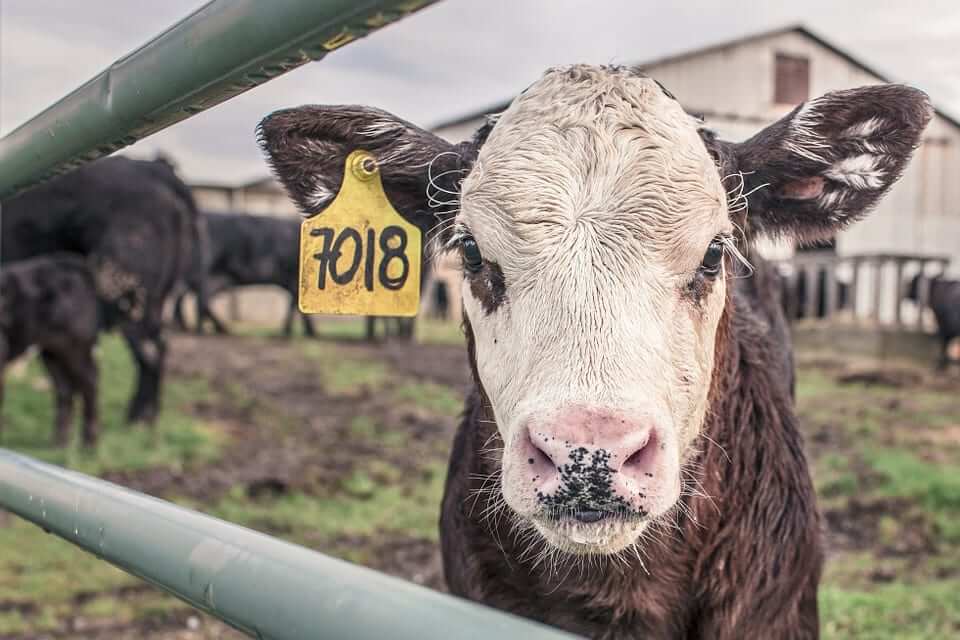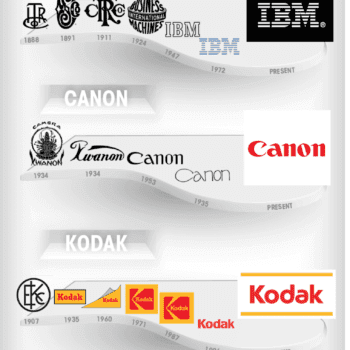A Chinese-Korean joint venture plans to build the world’s largest cloning factory in Tianjin, eventually producing 1million head of cloned cattle a year, as well as dogs and even endangered species. This announcement by BoyaLife, a Chinese biotechnology company, underlines the scale of China’s ambitions in agricultural biotech. In contrast, Europe does not allow cloning of farm animals. Xu Xiaochun, BoyaLife chief executive, said that the main aim was to mass-produce elite calves to satisfy demand for quality beef that China, as it gets richer, is consuming in greater quantities. (Financial Times, 24 November 2015)
The prospect of bespoke beef is startling in the light of the forthcoming talks in Paris on climate change, where 138 heads of state will be in attendance. After all, livestock, whether cloned or not, contributes to climate change: the UN’s Food and Agriculture Organisation [FAO] estimates that the global meat industry belches out 14.5 per cent of the world’s greenhouse gas emissions, more than all the world’s cars, trucks, ships and planes combined. (Financial Times, 27 November 2015)
For many business people, scholars and policy makers, innovation has become a mantra that can’t be anything but good and exciting. To make something new seems to be necessarily better. However, has innovation brought about more sustainability? Has financial innovation led to a more productive economy? Has innovation really advanced the well-being of people? What are the standards to evaluate and measure whether innovations are ethically justified, questionable or not acceptable? And, focusing on morality and ethics themselves, are these norms and values immutable and absolute, or do they also need innovation? If so, what kind of innovation?
Given these intriguing and far-reaching questions, the evaluation of ethical innovation in business and the economy can’t be postponed. Therefore, serious and sustained efforts are necessary to examine these questions from multiple perspectives.
First, we need to explore and clarify several key concepts crucial for a thorough study of innovation such as business ethics, moral innovation, creativity, and wealth creation. Without clear concepts, both empirical investigations and theoretical reflections are useless. Such concepts are a prerequisite for meaningful exchanges of ideas and experiences. Moreover, we have to take into account the broader contemporary context in which these questions are embedded: Whether we like it or not, globalization in multiple ways is shaping our lives. Sustainability in economic, social and environmental terms and for future generations is an immense challenge whose magnitude cannot be overestimated. And, since finance not only impacts our assets and debts but also our patterns of thinking and behaving (now called financialization), it must be questioned as to how innovative and ethical it actually is and ought to be.
Another broad set of questions concerns how ethical responsibilities should be allocated in a fair manner to different types of actors and institutions in the economic sphere of life: business leaders and employees, consumers and investors, global corporations and small and medium-sized enterprises, national and international regulations and laws. Can we find ethical and economic criteria which provide reasonable guidance for identifying ethical responsibilities at the individual, organizational and systemic levels of business ethics? Recalling, for example, the production of 1million head of cloned cattle a year (mentioned above), what is the ethical responsibility of BoyaLife, its chief executive, its Korean partner, the policy makers in China and Korea, the UN’s FAO and other international institutions?
Furthermore, when we zoom in on a specific level of business ethics, we may investigate individual initiatives for ethical innovation. A case in point is the Maker Movement that consists of individuals dedicated to making things using advanced and widely available technology. Creative types are now manufacturing robots and cars and even producing designer Ecoli bacteria. How can we evaluate these innovations from an ethical stance? Another subject includes many challenges which business leaders face nowadays: Are they guided by morality and imagination? How innovative should leaders in the food industry be in using their space of discretion to establish living wages for low income workers? What does it mean for managers to do their job well in an ethical and innovative way?
Ethical innovation pertains also to economic and other organizations: what kinds of products they design and produce; what processes they invent; and what business models they establish. One may ask how the once innovative cooperative model can and should reinvent itself in an ethical way under new and harsh circumstances. In the financial industry, what are innovative and fair approaches which link executive compensation more closely to risk management? We may learn from concrete examples how social innovations can be successful by not only serving the interest of commercial markets but also by advancing social development, strongly motivated by a spiritual vision: the Aravind eye care system in India, the organization SEKEM in Egypt, and the Economy of Communion in Latin America.
If we want ethical innovation to succeed on a larger scale, it would be foolish to ignore the importance of systemic factors that deeply influence individual and organizational actors. Market capitalism certainly needs ethical innovations, given its intransigence of libertarian individualism and its destructive externalities. Thus, we may ask how to bring about systemic changes through ethical innovations. Besides indispensable top-down approaches, bottom-up approaches can also lead to significant changes through emerging enterprises, which can be supported by a proper interpretation of Adam Smith. It is of upmost interest to observe, evaluate and learn from innovative enterprises such as the Nollywood film industry in Nigeria and M-Pesa for mobile banking from Kenya. They show that innovation can occur in informal firms and even bridge the informal and formal economies. Needless to say, this kind of innovation is vital for the survival and advancement of the poor.
__________________________________________________________________
About the Author
This article was written by Professor George Enderle of Edwar Elgar Publishing. Edward Elgar Publishing‘s blog is a forum filled with debate, news, updates and views from our authors and their readership. see more.
Ethical Innovation in Business and the Economy is a first mover in the new world of ethical innovation. Many of these important issues will be further discussed in the World Congress of Business, Economics, and Ethics on July 13-16, 2016 in Shanghai under the theme: Ethics, Innovation, and Well-Being in Business and the Economy (see www.isbee.org).
Professor Georges Enderle holds the John T. Ryan Jr. Chair of International Business Ethics in the Mendoza College of Business at the University of Notre Dame.
The first chapter of Georges’s new book Ethical Innovation in Business and the Economy can be downloaded for free on Elgaronline.






























